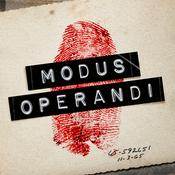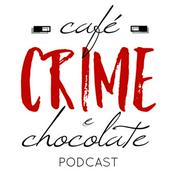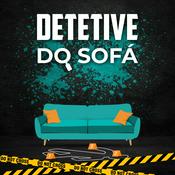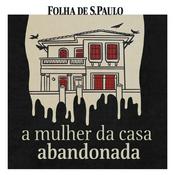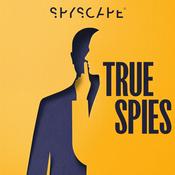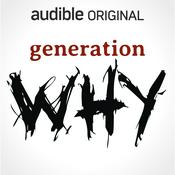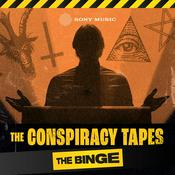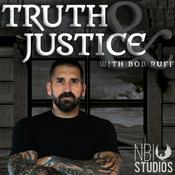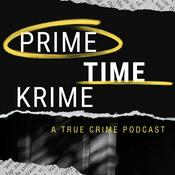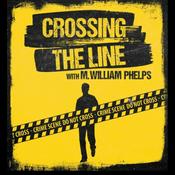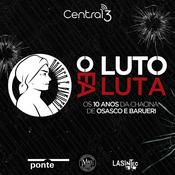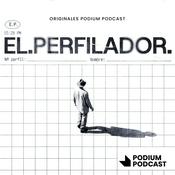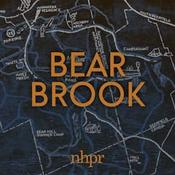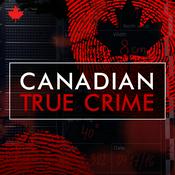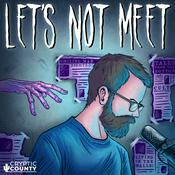126 episódios
- Genesis experts Ruth Guerreiro and Jordyn Lawson join the conversation to unpack models that explain domestic violence and provide real, practical solutions for survivors and those who support them. Together we walk through the Cycle of Violence framework as well as the Power and Control Wheel derived from the Duluth Model to understand their origins, purpose, and applications.
Our discussion also grounds these theories in real-world practice: how survivors can identify escalation cues, why a “violent episode” isn’t limited to physical harm, and the safety planning steps that can reduce risk at each stage—at home, during separation, and long after. We explore the emotional work of healing—naming love bombing, processing betrayal, and rebuilding trust in one’s instincts.
Throughout the conversation, we push past outdated terms to language that validates lived realities and sharpens judgment: manipulative kindness over “honeymoon phase,” impact over intent, control over conflict. Whether you’re a survivor, ally, or professional, you’ll leave with clearer frameworks, practical examples, and a more intentional way to talk about and respond to abuse. - What if the most powerful weapon in an abusive relationship isn’t a fist, but a login? We sit down with Jordyn Lawson, Chief Residential Officer at Genesis Women’s Shelter & Support, to unpack how financial abuse and coerced debt quietly trap survivors—even long after they leave. From paychecks diverted into hidden accounts to loans opened under threat or deception, money becomes a leash: it governs housing, food, credit, and the ability to move toward safety.
Jordyn shares what frontline work reveals: the overwhelming prevalence of financial control, the shock of discovering debts for cars or even boats survivors never saw, and why credit scores can become gatekeepers to a new home or job. We connect the dots between personal harm and public cost—billions lost to intimate partner violence, millions of workdays missed, and the chilling number of workplace homicides tied to abusers. Most importantly, we map the way forward: how to spot red flags, how loved ones can support without minimizing, and how workplaces should prepare to protect employees targeted by abusers.
There’s real hope in policy and practice. We highlight legal reforms that recognize coerced debt as identity theft in Texas, how survivors can challenge fraudulent accounts, and why advocacy partnerships streamline credit repair with minimal cost. We also dig into financial literacy strategies that restore control—pulling credit reports on safe devices, securing independent accounts, documenting coercion, and planning for deposits and child care. Along the way, we confront enduring myths about who works, who controls the money, and why “everyone fights about finances” is not a free pass for abuse.
If you care about safety, equity, or simply want to help someone you love, this conversation gives you clear tools and next steps. Listen, share with a friend, and help us push for policies and workplace practices that put safety first. If this episode resonates, subscribe, leave a review, and tell us: what change would most improve financial safety for survivors? - We open the new year by exposing myths that keep victims unheard and abusers protected: the “nice guy” persona, the anger excuse, the belief that leaving solves everything. With Ruth Guerreiro, Chief Clinical Officer at Genesis Women’s Shelter & Support, we walk through the mindsets that drive coercive control and the covert tactics that slip past friends, families, courts, and even clinicians.
In this episode, Ruth breaks down recognizable patterns and behaviors of abusive men. From the demand man and Mr. Right to the drill sergeant, the player, and the terrorist, she shows how entitlement fuels different strategies with the same outcome: fear, isolation, and control. We explore social engineering and how a polished public image becomes a weapon in custody disputes and community spaces. You’ll also hear why anger management misses the point, how “high conflict” labels mask abuse, and what post‑separation abuse looks like when contact is enforced through parenting apps, daily calls, and court orders.
We also get practical. Learn how financial control can hide behind “I’ll handle the bills,” why the silent treatment harms more than shouting, how reckless driving is used to terrify, and how location sharing becomes surveillance. Rideshare Driver Predators: Sexual Assaults, Safety Gaps, Lawsuits, and How Women Can Protect Themselves
23/12/2025 | 28minHow well do you know the driver of your rideshare? You don't. And you need to listen to this episode to understand what he is capable of and how to protect yourself.
In this episode, we’re pulling back the curtain on the risks women face in rideshares and the systemic gaps that let predators operate with impunity. Together with Susan Knape, founder of A Case for Women, we trace the data behind thousands of harassment and assault reports, the realities of underreporting, and why a nice-looking car can lull riders into a false sense of security.
You’ll leave this conversation with a clear safety playbook: always sit in the back, stay alert, avoid revealing personal details, confirm your pickup without saying your name, don’t route to “Home,” and share your trip with someone who’s watching the route and timing. We also push for real fixes—mandatory in‑car cameras, access barriers, and stronger oversight—that deter abuse and create evidence when harm occurs.
If you’ve ever stepped into a rideshare and felt that uneasy twinge, this conversation gives you the context, tools, and resolve to protect yourself while we keep pressing for a safer system. We also challenge victim-blaming narratives, especially when rideshare companies market themselves as the “safe” alternative after drinking, and explore the heightened risks for teens, disabled riders, and passengers leaving medical procedures.
Before you step into a rideshare this holiday season, you deserve to know what you are getting yourself into.- A voice possesses the power to either conceal - or reveal - the truth. After decades of silence and shame about what was truly unspeakable childhood abuse, Shana Halligan chose speak out. And what followed was a complete transformation of her life that led to a music career of authentic self-expression and powerful presence.
As the daughter of Dick Halligan, founder of the band Blood, Sweat & Tears, Shana experienced music on a level most only dream about. From concerts to all-night jam sessions with some of the most renowned talent of the time to being the singing voice for Barbie commercials in the 1970’s, Shana was immersed in music her entire life. And it was music that finally allowed her to reveal the dark secret she had harbored since early childhood – that she is a survivor of sexual abuse. Shana’s earliest memories are of being molested by a stranger in her own bed – an experience that occurred for at least three years. Today, as the founder of the band Bitter:Sweet with a burgeoning music career of her own making, Shana has not only released the shame of what was done to her but also taken center stage in designing the life of her dreams. In this episode, Shana shares what happened to her all those years ago and how she emerged from the shadow of abuse to become both her own savior and a beacon of hope for others. Listen to the end of the episode for a sneak peek at Shana’s latest release, “Other Side.”
Shana’s story was revealed to the world in a Daily Mail article in 2025. You can read it at https://archive.is/20250523100119/https:/www.dailymail.co.uk/femail/article-14740137/Mum-cold-told-Id-raped-aged-six-thought-Id-never-forgive-cruel-words-reveals-SHANA-HALLIGAN-deathbed-extraordinary-happened.html
The full music to the single “Other Side” can be found at https://app.box.com/s/bhfzhlq6c5lolmw71bsj7s5xugnwscnh
More about Shana at https://www.shanahalligan.com/
Mais podcasts de Crimes verdadeiros
Podcasts em tendência em Crimes verdadeiros
Sobre Genesis The Podcast
Genesis the Podcast is a new way to connect with Genesis Women’s Shelter and Support and expand your thinking about domestic violence and related issues that affect women. GTP is also a trusted source of information if you are in an abusive relationship and need safety, shelter or support. Listen every week for fresh content related to domestic violence, to connect with world-renown professionals, participate in exclusive events and training opportunities, and take action against domestic violence.Genesis The Podcast is hosted by Maria MacMullin, Chief Impact Officer of Genesis Women's Shelter & Support and the Host of the Podcast on Crimes Against Women.About Genesis Women's Shelter & Support - Located in Dallas, Texas, Genesis provides safety, shelter and support for women who have experienced domestic violence, and raises awareness regarding its cause, prevalence and impact. Learn more at GenesisShelter.org
Site de podcastOuça Genesis The Podcast, Modus Operandi e muitos outros podcasts de todo o mundo com o aplicativo o radio.net

Obtenha o aplicativo gratuito radio.net
- Guardar rádios e podcasts favoritos
- Transmissão via Wi-Fi ou Bluetooth
- Carplay & Android Audo compatìvel
- E ainda mais funções
Obtenha o aplicativo gratuito radio.net
- Guardar rádios e podcasts favoritos
- Transmissão via Wi-Fi ou Bluetooth
- Carplay & Android Audo compatìvel
- E ainda mais funções


Genesis The Podcast
Leia o código,
baixe o aplicativo,
ouça.
baixe o aplicativo,
ouça.

